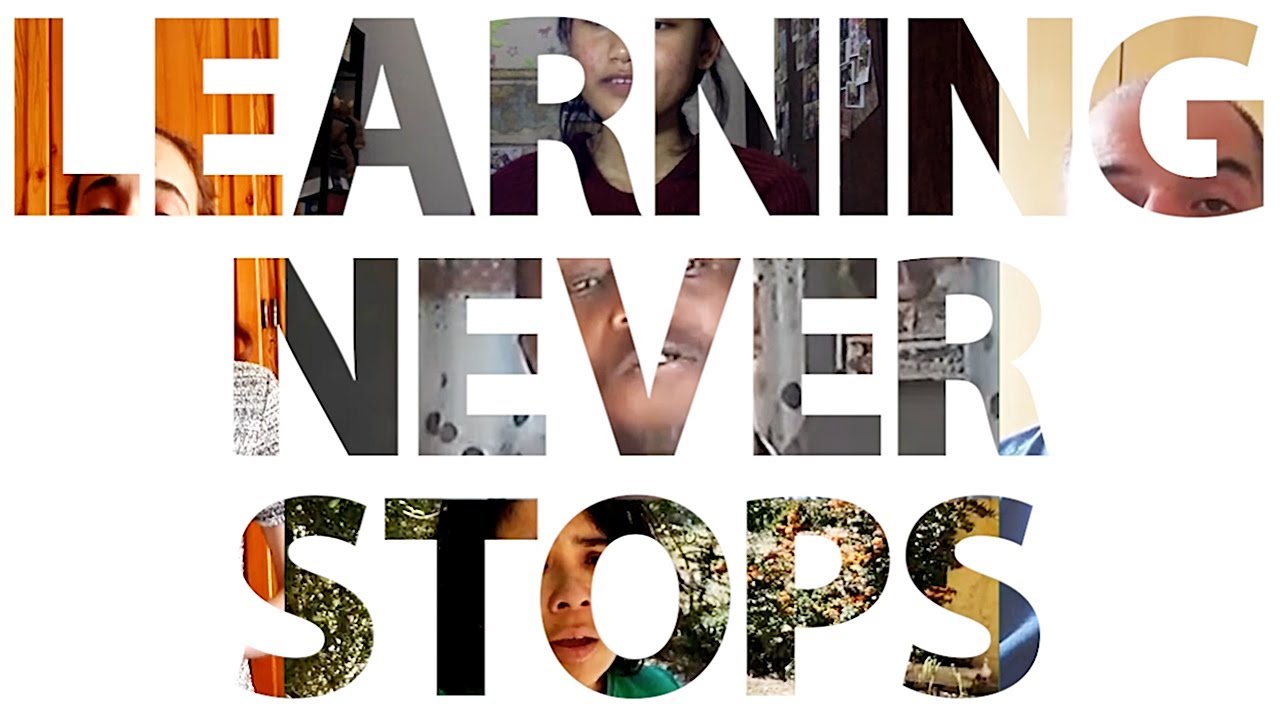In the wake of pandemic covid-19, the world is taken by a complete void. As a result, education has changed dramatically, with the phenomenal rise of e-learning, where teaching is taken remotely and on digital platforms. The novel and surprising factor that the research has shown is that online learning takes less time and increases retention of information, which has brought a significant shift in the education system.
With this sudden shift away from classrooms in many parts of the globe, some wonder whether the adoption of online learning will continue to persist post-pandemic or not. And if not, how this shift would impact the worldwide education scenario. Studies have shown that children use their senses extensively to learn. Hence, it is very crucial to make it fun and effective through the use of technology. Covid-19 has created problems for the school education system and students and has also impacted the higher education system and its students.
With the largest youth population in the world, India has an extensive human resource in the form of students, which needs to be handled with extreme responsibility and care. Due to the sudden drastic changes in their lives caused by the Covid-19 pandemic, there was uncertainty in the minds of young students belonging to lower-middle classes and economically weaker families regarding their future. These students were the most affected, as they had a more uncertain future than their counterparts belonging to better-off families. The impact had created more stress in their already tough lives.
During this challenging time when the world is suffering globally because of Pandemic COVID-19, the Faculty of Science SGTU has taken the necessary measures to cope with studies by initiating online classes and becoming tech-savvy.
The department has taken stewardship by organizing online learning, holding discussions, and keeping students’ pace towards their studies as far as possible. The faculty with excellent technical exposure helped implement solutions quickly and accommodate the sudden demand without any delay. Fortunately, Digital platforms had already laid some groundwork for video lectures and other online platforms switching towards virtual learning. Moreover, students can remotely access the online databases of SGTians through ID and password.
The faculty showed strength by tackling the challenges creatively and pragmatically through the strong relationship we’ve built with our students, which helped us quickly implement unconventional solutions. Virtual interactions are no replacement for spending time in the classroom with students; however, we maintain some balance to keep up our spirits.
We organize lecture series, quizzes, presentations, and discussions regularly without compromising knowledge and innovation along with taking care of students proper placement and internship in the current scenario. For the bright future of our students and make sure they graduate, we cannot lose this momentum and are constantly in touch with them.
Dr. Archana Chaudhary
Associate Professor
Department of Environmental Science
Faculty of Science
SGT University



